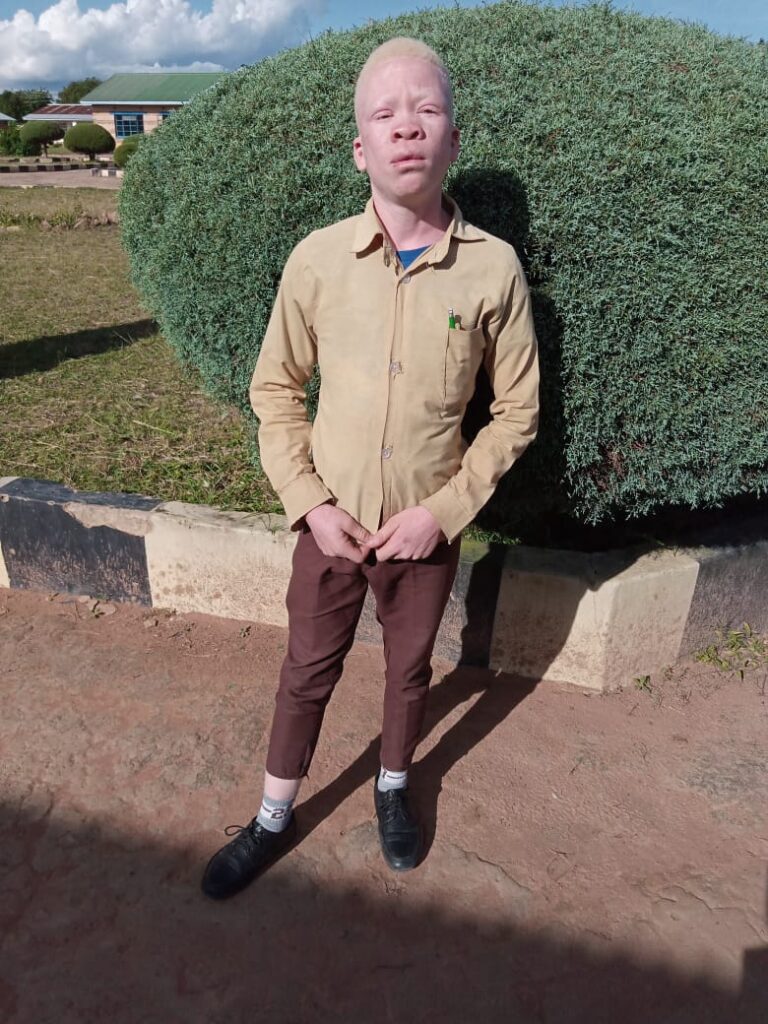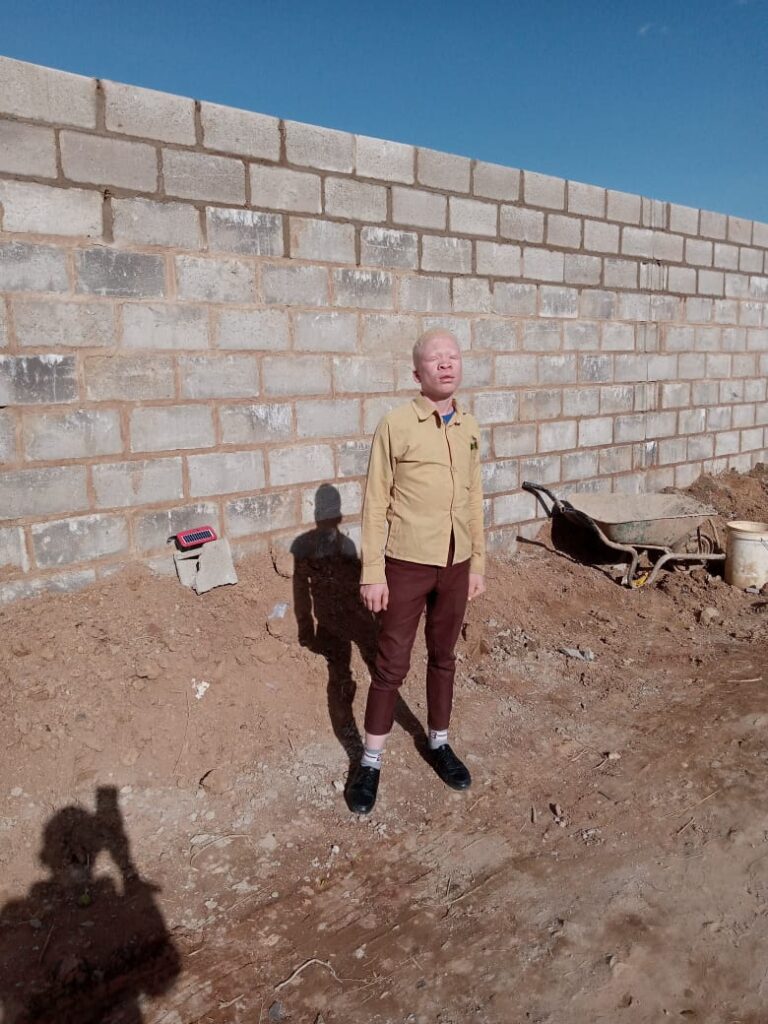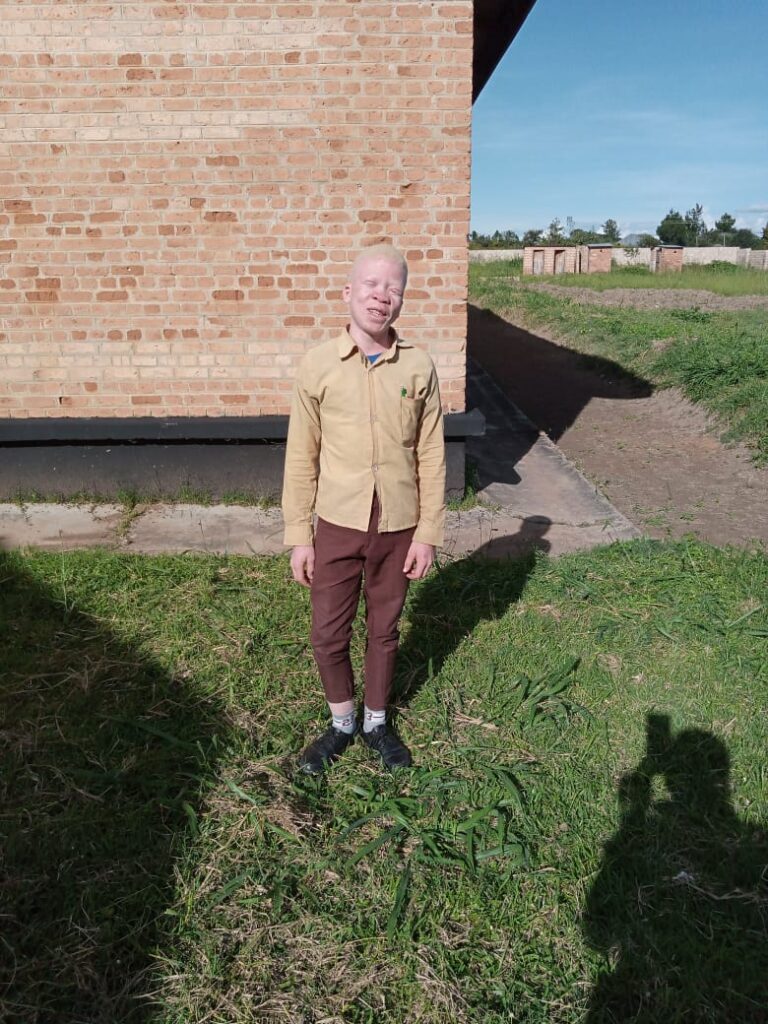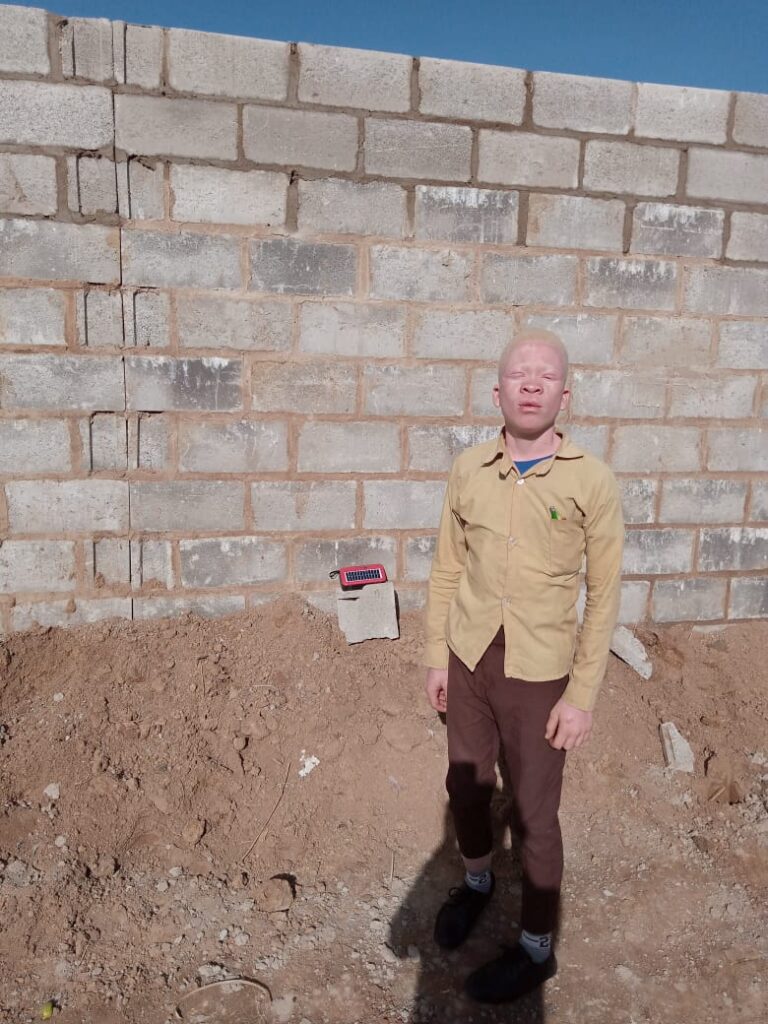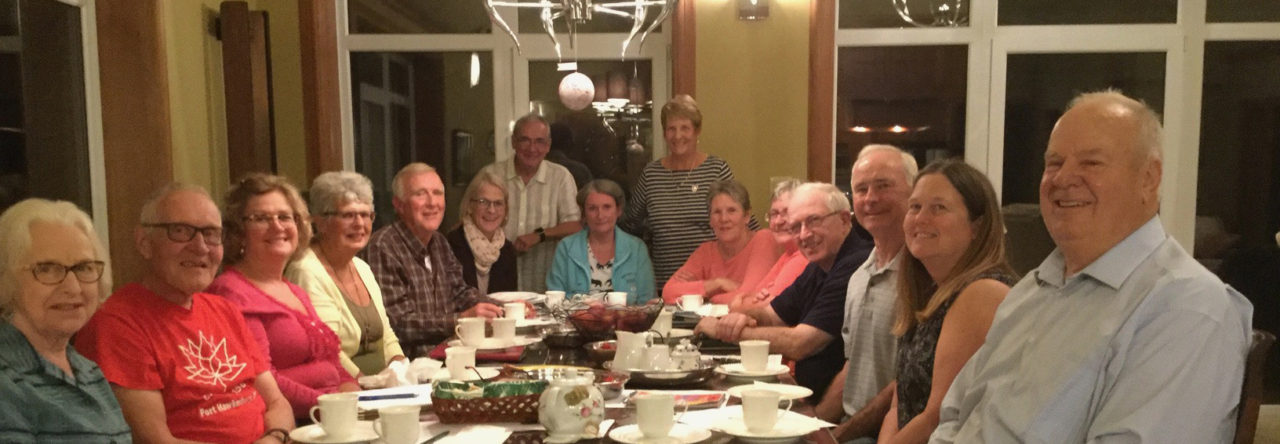By Goodson
Chewe Mupenzeni Lewis, an albino boy with low vision, was born on 8th August 2007 in Kasma district of the Northern Province of Zambia. He is the third born child (and the only albino) in the family of 6, where they are five boys and one girl. Chewe Lewis has low vision and he cannot see clearly from a far distance, due to albinism. Most of his family members from the father’s side accepted the child but other community members of Kasama district had mixed feelings about the birth of an albino child in the community. The people were fearful that bad luck would come in the village, because an albino lived among them. It is because of this superstition, that albino community members are shunned and isolated for fear they will pass on their albinism to present and future members of the village.
As result of this situation, his parents sought guidance on where the child could learn and stay safe without stigmatization. At the age of seven the Sisters of the Child Jesus helped his parents by giving them information on where Chewe could go and learn, which was St. Odilia special school for the visually impaired in Mporokosa, northern Zambia. Chewe is happy there as he is now protected and more secure. In the past he was isolated from other children in the community because of superstitions concerning albinos.
Seven years was very young age to leave his home but Chewe started learning how to write and read Braille and became very skilled. Fortunately, he did very well in all the subjects and moved from pre-school to grade 7 on a faster pace so that in 2020 he wrote his grade 7 national examination and passed well.
Currently, he is in grade 9 preparing to write his grade 9 final examination in October 2022. He loves mathematics, social studies and religious studies. He plans to study to be a male nurse when he graduates from St Odilia. He is now able to go and visit the family after the school administration talked to his family on the importance of educating an albino child.
Ever since CHALICE started helping the him, there has been an improvement in his academic work. The security provided by the construction of a wall fence is helping him not to go out of bounds and enables him to spend much of his time studying. Before the wall fence was constructed people used to sneak into the school under the cover of darkness and forcibly cut albino children’s hair which they would sell for witch doctor rituals. In other instances, people would wander on to the school grounds posing as friends or helpers and take advantage of these vulnerable children and steal their meagre possessions (mattresses, clothing) and also steal clippings of their hair.
Thanks to Inverness County Cares community (ICC) and Chalice for the financial support which has made the construction of the wall fence possible. It has changed the life of this young boy for he is now in a safe place and especially safe from ritual killings which are happening in Zambia particularly in the northern province. May the almighty God richly bless the people of CHALICE and ICC for protecting the life of children living with albinism.
Inverness County Cares (ICC) is a local charitable organization, founded in 2012 and based in Inverness County, NS, Canada. ICC works in partnership with Chalice.ca, a Canadian charity, based in Bedford, Nova Scotia. Chalice provides guidance and assistance to help us provide a better life for the children at the Kawambwa schools. The Kawambwa Project involves supporting two schools for albino and visually impaired students, in Northern Zambia. Inverness County Cares always welcomes new members. Individuals who wish to donate, can use the donate button on our website http://invernesscountycares.com When using E-transfer, please include your mailing address for CRA tax receipts and a thank you message. E-transfer address: invernesscountycares@gmail.com or send a cheque to Inverness County Cares, 5414 Route 19, Judique, NS, Canada, B0E1P0. Taxation receipts provided for USA and Canada.
